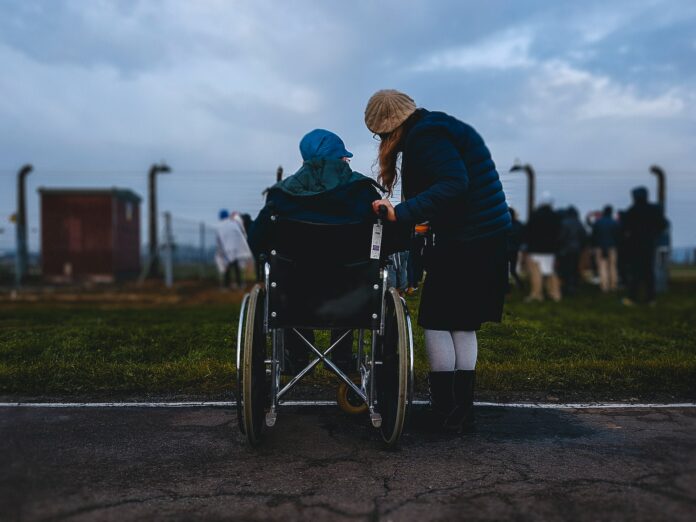Disability can drastically affect your home and family life. Depending on the disability, you may need to make substantial changes to your house and lifestyle. For example, if you become paralyzed, you must ensure that your home is wheelchair accessible with ramps and wider doorways. Here are some ways that becoming disabled could affect your house and family, so you can be better prepared for whatever challenges come your way.
1. Financial Strain
There are several potential financial impacts of becoming disabled. For example, if you cannot work, you may lose your income and face difficulty paying your bills. You may also need to pay for additional medical care or adaptations to your home.
Fortunately, if disability compromises your occupational performance, you may be entitled to home adaptation funding through Disabled Facilities Grant (DFG). Visit www.stiltzhealthcare.com site to learn more about DFG. Suppose you have a disability that qualifies you for Social Security benefits, such as Supplemental Security Income (SSI) and Social Security Disability Insurance (SSDI); you may also receive financial help.
2. Roles Changes
If you become disabled, your role in the household will likely change. For example, if you are the primary breadwinner, you may have to rely on your spouse or partner to bring in income. If you are the primary caregiver, you may need to hire help or ask family and friends to pitch in more.
If you become disabled, your job may change as well. Depending on the severity of your disability, you may need to take time off work or switch to a different career. You may also be eligible for accommodations such as modified hours, special equipment, or alternative duties. Talking to your employer about any changes and exploring any available options is essential.
3. Emotional Stress
There are many potential sources of emotional stress when you become disabled. You may be worried about how your disability will affect your ability to take care of your family, earn an income, or maintain your independence. You may also feel isolated from friends and family members who don’t understand what you’re going through.
It’s essential to find ways to cope with the stress of disability, whether by joining a support group, talking to a therapist, or simply spending time with loved ones who can offer emotional support. Taking care of yourself emotionally will help you better manage the challenges of living with a disability.
4. Social Isolation
If you become disabled, you may feel isolated from your family and friends. This is because you may not be able to participate in the activities that you used to enjoy. You may also need help leaving your home, making staying connected with your loved ones hard.

There are ways to combat social isolation, though. You can use technology to stay in touch with your loved ones, even if you can’t leave your house. Disability-specific support groups can help you connect with others who understand what you’re going through.
5. Changes in Lifestyle
If you or a loved one became disabled, several changes would need to be made to accommodate the new lifestyle. The first step would be ensuring the home is safe and accessible. This may mean making modifications to doorways, hallways, and staircases. It may also mean installing ramps, handrails, and other assistive devices.
In addition to making physical changes to the home, some changes would also need to be made to daily routines and schedules. For example, someone who uses a wheelchair will need more time to get around and may need help with tasks like bathing and dressing. More planning would also need to be involved in grocery shopping and eating.
6. Loss of Identity
If you become disabled, you may lose your sense of identity. For example, you may no longer be able to work or care for your family. You may feel like you are no longer the person you used to be. This can be a very difficult thing to deal with.
It is important to remember that you are still the same person, even though your abilities may have changed. Find ways to focus on what you can rather than what you cannot do. Find activities to help you stay connected to your former identity and make you feel whole again.
Becoming disabled can be a complex and challenging experience for many people, both physically and emotionally. It is important to remember that help is available if you or a loved one becomes disabled, including support from family, friends, and the community.
While becoming disabled may cause life changes in terms of lifestyle adjustments and having to make adaptations around your house and home environment, know that there are resources out there to assist. Ultimately, it is about learning how to cope with the disability and finding ways to get back on track so you can live your best life possible.


